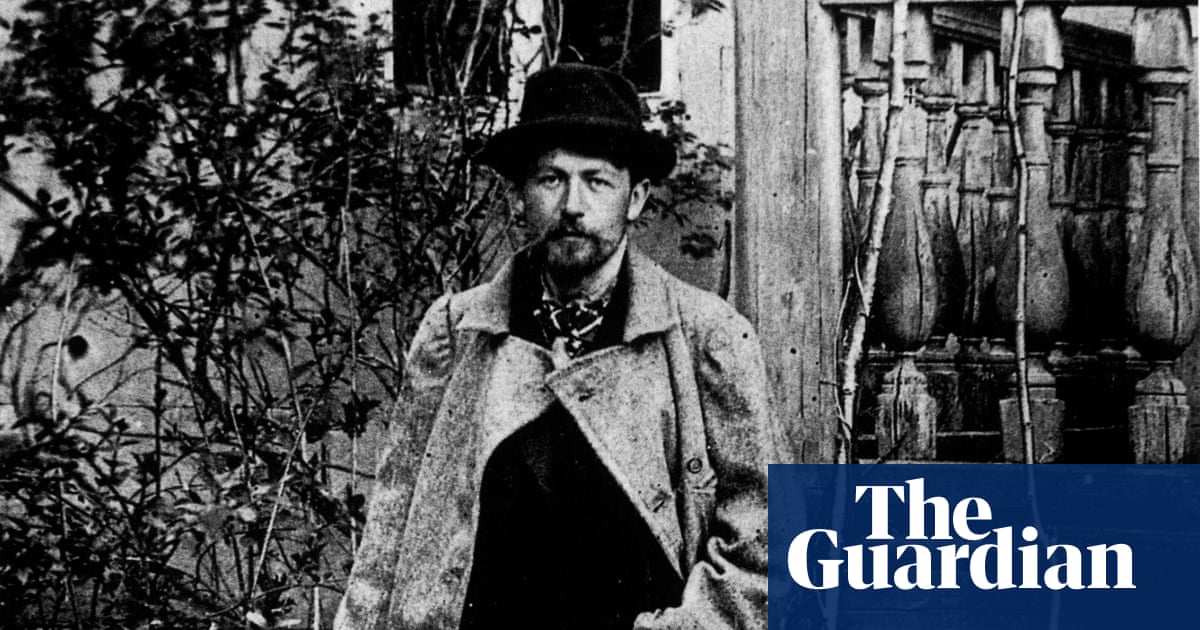
"Anton Chekhov: Earliest Stories offers the first comprehensive translation in English of the stories, novellas and humoresques that the Russian author wrote in the early 1880s. And it is supremely juvenile in the best way. The reason many of these stories are now appearing in translation for the first time is because, explains editor Rosamund Bartlett, they have never been regarded by commercial publishers as worthy of Chekhov's reputation."
"Few writers are as universally admired as Chekhov. As Booker winner George Saunders puts it, Chekhov shall I be blunt? is the greatest short story writer who ever lived. Novelists from Ann Patchett to Zadie Smith cite him as an inspiration. His plays The Seagull, Three Sisters, Uncle Vanya and The Cherry Orchard still pack out theatres internationally. In the past year alone, Andrew Scott wowed audiences in his one-man Vanya for London's National Theatre"
Anton Chekhov wrote a body of stories, novellas and humoresques in the early 1880s while in his early twenties. These pieces are supremely juvenile in tone, full of experimental wordplay, nonsense names and onomatopoeic idiocy, and often deliberately comical. Many of the pieces remained untranslated into English because commercial publishers judged them unworthy of Chekhov's reputation. A new comprehensive English translation project brought previously unseen early works into print, using about 80 volunteer translators ranging from school students to retired academics. The translation effort followed a pivot away from preservation work after geopolitical changes affected Chekhov's historic sites.
Read at www.theguardian.com
Unable to calculate read time
Collection
[
|
...
]